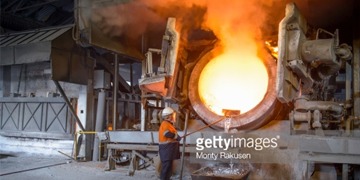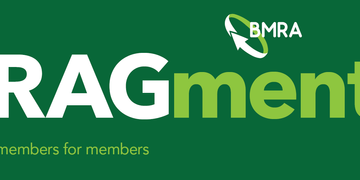BMRA welcomes the formation of the AATF Forum as another group providing a voice for WEEE-focused companies.
As the national trade body for metal recyclers, British Metals Recycling Association (BMRA) already represents companies handling approximately 60% of the UK’s waste electrical and electronic equipment (WEEE) arisings. Therefore, it is ideally placed to support this group as it takes its first steps. BMRA has considerable expertise in most aspects of WEEE treatment and related issues. In addition to working closely with the UK regulators and enforcement agencies, it provides support to its WEEE recycling members though its representation at the European level through EuRIC (the European Confederation of Recycling Industries) and its participation at CENELEC in the development treatment standards to promote the highest levels of professionalism in the sector. BMRA is also engaged at the international level through its membership of BIR (the Bureau of International Recycling). It is involved with other organisations such as the WEEE Forum, WEEELabex and IMPEL. In addition, many AATF Forum members are members of BMRA and thus already benefit from our extensive knowledge and wide-ranging contacts in this arena.
“Given the ever-increasing complexity of issues affecting the [WEEE treatment] community, and considering the potential for significant disruption the Chinese National Sword campaign and impending import bans on certain solid wastes may have, AATFs face many challenges, as do general metal recyclers. Having another representative organisation, ready to roll-up its sleeves to bring wider attention to WEEE-related issues, will be most valuable,” said Howard Bluck, BMRA technical director.
“Providing effective advocacy is a key priority for BMRA. Good relationships built over many years with regulators, both in the UK and in Europe, allows the team to play a significant role in shaping international and European policies and legislation on WEEE treatment; together with helping to influence how these are applied and implemented in the UK.
“A second priority, equally important priority, is then to effectively communicate all that we are doing and have achieved to our members while advising and helping them to mitigate the effect of issues.”
Contact
Antonia Grey
e. [email protected]
t. (0) 1480 455249
Notes for editors:
- BMRA represents over 260 metal recyclers who, between them, handle over 90% of the material and form part of a £7bn business, which employs mover than 15,0000 people.
- The UK produces over 11 million tonnes of scrap metal each year, including steel, copper, lead, aluminium and nickel. While some of this is used in domestic production processes, the majority is exported due to the decline in the number of national foundries.
- The metal recycling industry is proud of its role in safeguarding the environment for future generations. Not only does recycling reduce the need for new mines, it also conserves water and energy, and reduces levels of CO2 being released.
- Metal recycling is a high-tech, complex and technology-driven industry that readily adopts cutting edge and innovative processes. This approach means it can deliver materials to ever-exacting specifications which, where economically viable, can see them separate metal fractions as small as grains of sand.



